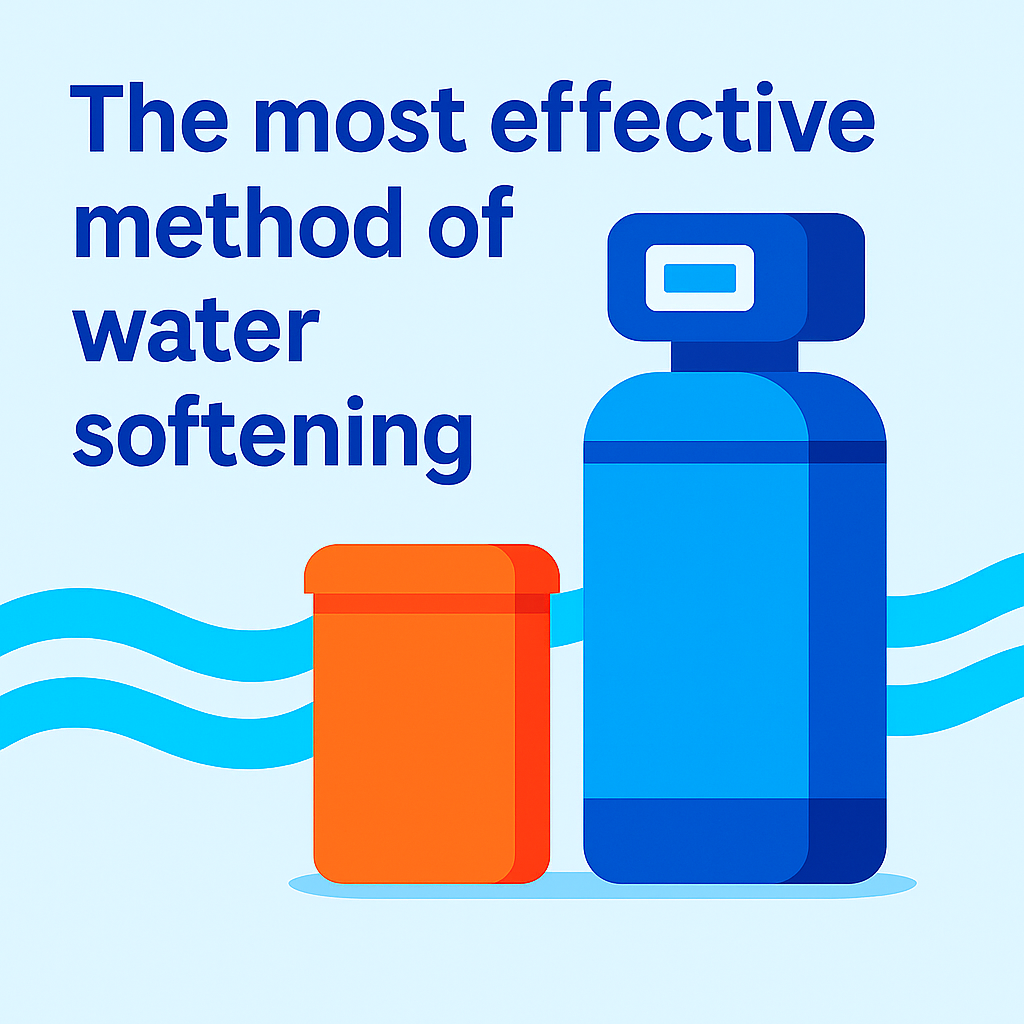The Most Effective Method of Water Softening – Professional Filters
The most effective method of water softening is professional filters designed to remove hardness salts from well or borehole water. But first, let’s talk about the problems users face with hard water.
What is hard water?
Based on total hardness, water is classified as:
-
soft (up to 2 mg-eq/L),
-
medium hardness (2–10 mg-eq/L),
-
and hard (above 10 mg-eq/L).
The hardness of surface water sources (up to 10 meters deep) varies significantly throughout the year; it is highest at the end of winter and lowest during floods. In groundwater (usually wells deeper than 20 meters), hardness is generally higher (up to 80–100 mg-eq/L) and changes less over the year.
Problems caused by hard water
Increased salt content in water brings many inconveniences and sometimes dangers. Besides the unpleasant taste of water and food prepared with it, excess salts negatively affect hair and skin, causing dryness. At home, hard water can cause unexpected failures in heating appliances, which cannot withstand limescale deposits. This “salt threat” may harm dishwashers, washing machines, boilers, and heaters. Moreover, limescale affects heat exchange efficiency and increases electricity consumption in these devices.
Another issue is the excessive use of cleaning agents required for washing and laundry. It’s clear that hard water is an enemy both for households and health.
Methods of water softening
Modern softening methods partially help solve the problem by adding various synthetic agents. These help prevent limescale buildup in home appliances. Magnetic and electromagnetic treatments may also influence hard water. However, all these methods share one drawback — they do not remove excess salts but only bind them temporarily, preventing them from settling as deposits.
The most effective water softening method – ion-exchange filters
Therefore, the most effective way to soften water is the use of ion-exchange resins in automatic softener filters. The working principle is ion exchange, where dissolved “hard” salts are replaced with “soft” ones that do not form hard deposits.
An automatic water softener consists of a plastic housing with a control valve and a tank for preparing and storing the regeneration solution. This is the most effective way to soften water. Hard water passing through the filter flows through a bed of high-quality ion-exchange resin. During this process, calcium and magnesium ions are replaced with sodium ions chemically bound to the resin.
Advantages of modern softening systems
Modern synthetic resins are extremely reliable and durable. They allow operation at high flow rates, making them suitable for high-capacity systems. Resin lifespan can reach 6–8 years depending on the quality of the incoming water.
Nowadays, due to the wide variety of resins, softener filters can also be used for removing iron, manganese, heavy metals, organic compounds, and for selective removal of nitrates, nitrites, sulfides, and more.

No responses yet